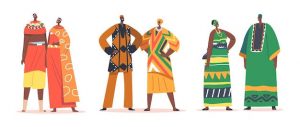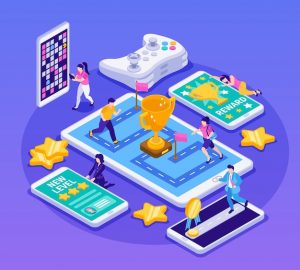“Read your books!”
A universal admonition generously dished out by parents/guardians to their children with the sole purpose of encouraging them to work towards achieving academic excellence and ultimately, build a good future for themselves. A major part of reading, is achieving an appreciable level of literacy and educational development.
Since 1967, United Nations Educational Scientific and Cultural Organisation (UNESCO) designated the 8th of September as International Literacy Day (ILD). The celebration takes place annually all around the world as a way to remind the public of the importance of literacy as a matter of dignity and human rights, and to advance the literacy agenda towards ensuring a more literate and sustainable society.
Despite the progress made, some critical challenges still persist with at least 775 million young people and adults around the world today, lacking basic literacy skills.
Beyond its conventional concept as a set of reading, writing, and counting skills, literacy is now understood as a means of identification, understanding, interpretation, creation, and communication in an increasingly digital, text-mediated, information-rich and fast-changing world.
Nowadays, ‘reading’ encompasses complex visual and digital media as well as printed materials. An elderly person who can read the newspaper might struggle to search for information on Google, while for a young person, the reverse could be the case.
The theme for this year’s International Literacy Day is “Literacy for a human-centred recovery: Narrowing the digital divide”.
The COVID-19 pandemic disrupted the learning of children, young people, and adults at an unprecedented scale. It also magnified the pre-existing inequalities in access to meaningful literacy learning opportunities, disproportionally affecting 775 million non-literate young people and adults. One in five adults today is still not literate and two-thirds of them are women while 250 million children are failing to acquire basic literacy skills.
Even in times of a global crisis, efforts have been made to find alternative ways to ensure the continuity of learning, including distance learning, often in combination with in-person learning. Access to literacy learning opportunities, however, has not been evenly distributed. The rapid shift to distance learning, also highlighted the persistent digital divide in terms of connectivity, infrastructure, and the ability to engage with technology. There are disparities in other services such as access to electricity, which also limits learning options.
2021 International Literacy Day will explore how literacy can contribute to building a solid foundation for a human-centred recovery, with a special focus on the interplay of literacy and digital skills required by non-literate youth and adults. It will be an opportunity to re-imagine future literacy teaching and learnings, within and beyond the contexts of the pandemic.
In keeping with this year’s theme and an attestation to our longstanding tradition of supporting education in various ways, FirstBank is pushing forward with its e-learning initiatives and portfolio of projects in support of education.
Some of these initiatives and projects include:
- E-learning partnership with IBM, Microsoft, Roducate/Lagos State Government and Curious Learning;
- Future First programme; and
- Education Endowment programme.
All aimed at fostering literacy in different forms.
Check out our website www.firstbanknigeria.com to learn more about our initiatives.


